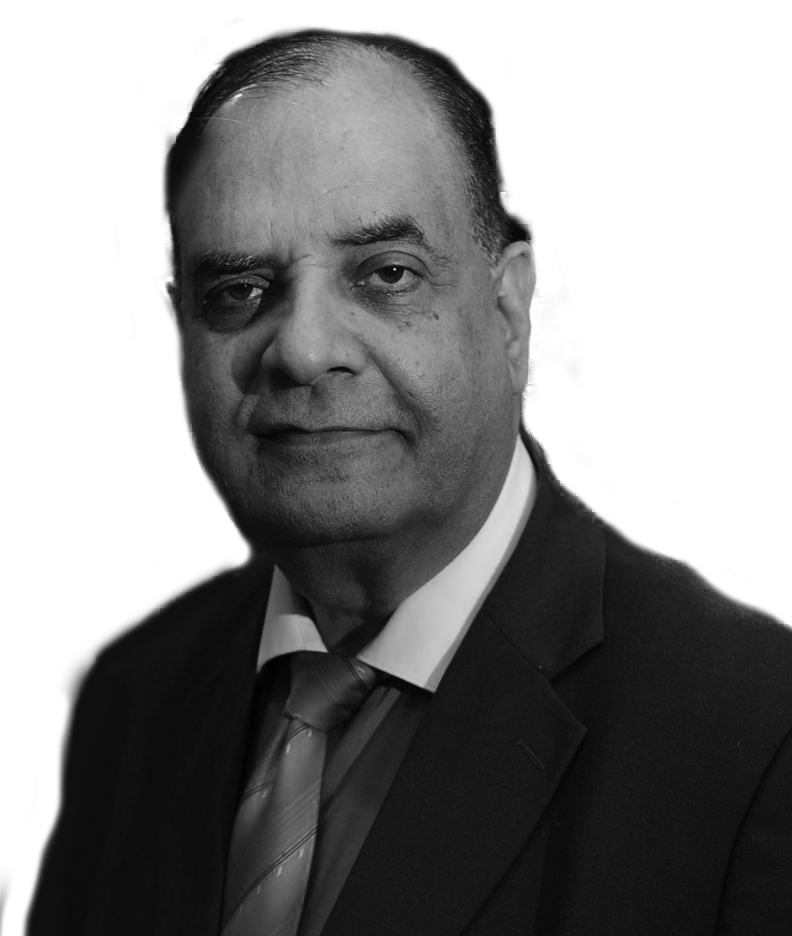Election preparation and success in four states, including Uttar Pradesh, a result of that working style.
New Delhi: K.S. Sudarshan, former sarsanghchalak of the Rashtriya Swayamsevak Sangh, said in a simple manner in a programme in Delhi in September 2006: “Swami Vivekananda, in a letter to his guru brothers in 1894-95, said that Swami Ramakrishna Paramhansa was born in 1836. The process of an era change has started; the period of a golden age treaty is 175 years. Add 175 to the year 1836, 2011 is coming.” Or it can be called a message to its volunteers and ideological supporters for a far-reaching goal. Then Narendra Modi was the Chief Minister of Gujarat and despite many challenges, he was trying to adopt a politico-administrative style with a new socio-economic revolution for the state and the country. No one had imagined that by giving the reins of the entire country in 2014, the Sangh-BJP would hand over the Prime Minister’s post to him. But it should be understood that the Sangh and Modi work for long-term interests and goals rather than immediate profit and loss. The election preparation and success in four states, including Uttar Pradesh, is the result of that working style. It should be considered as the outline of the direction of the socio-economic character of India in 2024 and the subsequent Lok Sabha election in 2024.
A major issue during these elections was that the BJP under the leadership of Modi used the idea of Hindutva with development. But the reality is that this Sangh is a well-planned preparation of the BJP. Sudarshanji had told me in a special interview in June 2003 that: “Now the ideology of Hindutva is increasing in speed. Nowadays people have started accepting the ideology of the Sangh. Two years ago, we started the national awakening campaign. We have reached the thoughts of the Sangh in 4 lakh 5 thousand villages out of the villages and the thoughts of the Sangh are being appreciated everywhere.” BJP was in power then, but there was some tension due to non-fulfilment of the expectations of the Sangh from Atalji and the coalition government. After a year, power was lost, but the leaders of the Sangh-BJP continued their campaign. Efforts are on by the present government to fulfill many old goals and take forward the chariot of success. That is why Narendra Modi has got a historic success this time in demolishing the years-old pattern of caste politics. The Sangh-BJP, from Swami Dayanand to Mahatma Gandhi, was also the biggest campaigner to end caste discrimination. Swami Dayanand and Gandhiji were also from Gujarat and the influence of Arya Samaj in undivided India was from Lahore to the entire North West Eastern states. It will be called a coincidence that Narendra Modi is doing politics for the same goal.
In this election, the Samajwadi Party gave maximum importance to caste equations and along with the shortcomings of the ruling BJP government, kept the confidence of getting maximum political benefit from the caste parties, leaders and about 20% of the Muslim population. His approach was not new. Various parties formed by Chaudhary Charan Singh, Mulayam Singh Yadav, Lalu Yadav, V.P. Singh and Kashiram Mayawati worked on this formula and kept breaking alliances. Between Mulayam Mayawati, sometimes there were serious conflicts and sometimes there were agreements. Both used caste conflict as a terrifying weapon when they came to power. In this election, at least Mayawati’s Bahujan Samaj Party was uprooted and Akhilesh Yadav probably got some lessons. In fact, more than caste equations, he also got the benefit of some good work during his rule for votes. The Congress was badly defeated.
This victory and defeat should be seen as a new era of Indian democracy. Inflation, unemployment, the corona epidemic, long fierce political movement against peasant laws, the climax of bitterness and confrontation with lack of communication between power and opposition, despite the local problems of ethnic, communal and criminal areas, voting was completed without any violence in Uttar Pradesh, Punjab, Uttarakhand, Goa and Manipur. It can be said to be a record and ideal of the democratic system in the world.
Before the counting of votes in Uttar Pradesh, some opposition leaders raised the issue of voting machine disturbances, but when the results came out, they were seen automatically accepting the fair elections. However, the credit for this success should be given to the crores of voters who have moved from cities to remote hill villages on the issues of basic necessities—food grains, water, electricity, small houses, domestic gas, toilets, toilets, education, health facilities etc—which are considered most important.
Not only this, veteran leaders, Chief Ministers, Deputy Chief Ministers, who could not fulfill the expectations of the people, were defeated in the elections—from the eldest Parkash Singh Badal to a young Pushkar Singh Dhami, or Navjot Singh Sidhu, Charanjit Singh Channi and Captain Amarinder Singh, all were defeated. What can be a greater proof of democratic awareness and proper use of voting rights?
The writer is editorial director of ITV Network-India News and Aaj Samaj Dainik.

